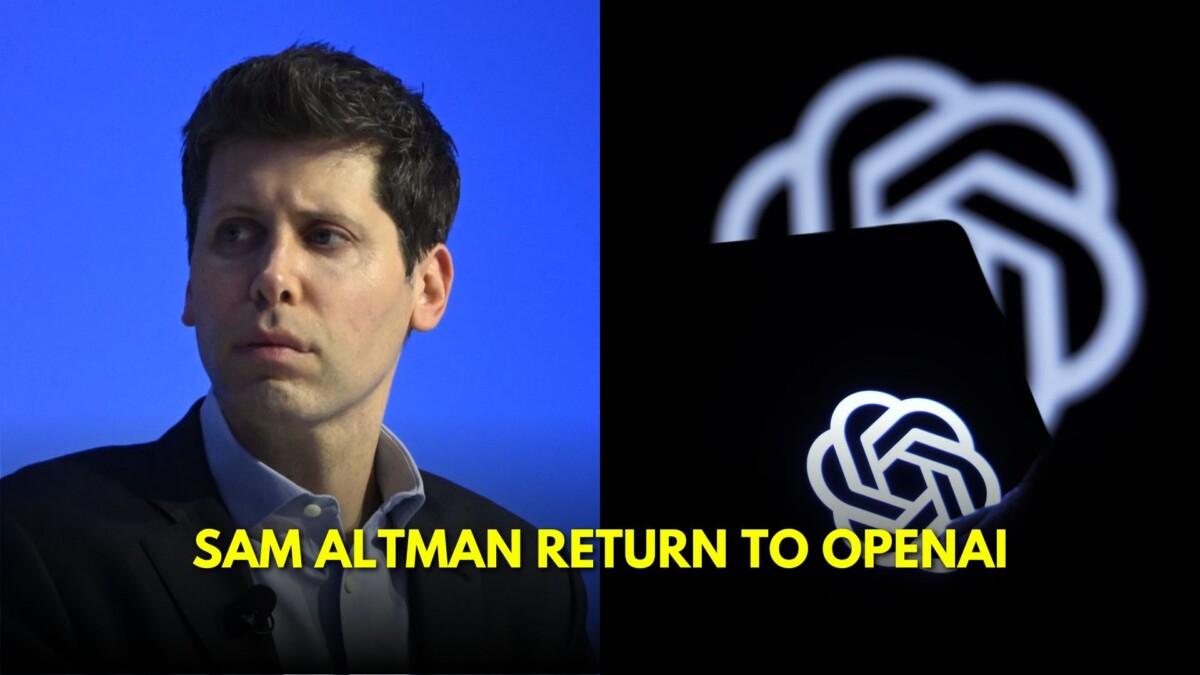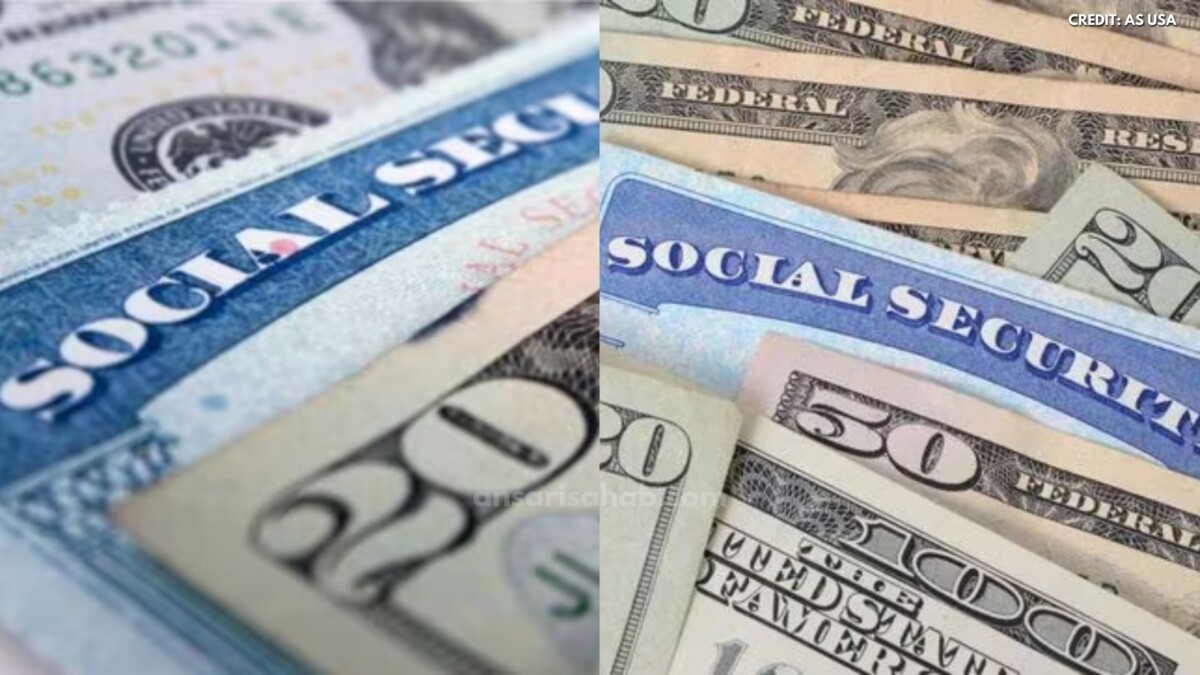Visa Inc. and Mastercard Incorporated are reportedly close to finalising a settlement with U.S. merchants that may resolve a two-decade-old legal dispute and trim the fees retailers pay when customers use credit cards. According to reports, the deal would include modest reductions in interchange fees — often between 2 % and 2.5 % per transaction — by roughly a tenth of a percentage point on average.
What’s in the Deal
Under the proposed terms:
- Visa and Mastercard would lower the typical interchange fee by about 0.10 percentage point over several years.
- They would also allow merchants more flexibility in which cards they accept by loosening rules that currently require a merchant accepting one type of card from a network to accept all types.
- Credit-card acceptance could be re-categorised: for instance, into rewards cards, no-rewards cards and commercial cards.
Background & Context
The dispute stems from merchants’ long-running grievances that Visa and Mastercard, together with issuing banks, charged excessive “swipe” or interchange fees, and imposed rules limiting merchants’ ability to steer customers toward cheaper payment methods. The legal fight dates back nearly 20 years, with merchants accusing the payment networks of anticompetitive practices.
In March of 2024, the two companies announced a previously proposed settlement that would have trimmed fees and allowed more merchant flexibility, but that deal was not approved by the court. The current talks aim to update those terms and conclude the litigation.
Why This Matters
For merchants: Lowering interchange fees and relaxing acceptance rules could ease cost pressures on retailers, especially smaller ones that operate on thin margins. They could also gain more control over which cards they accept—potentially helping them manage costs and surcharges.
For consumers: While a fee reduction of around 0.10 percentage point may sound modest, the change could ripple through pricing and payment-options at checkout. If merchants face lower costs, some may pass savings on—and some may offer more payment options or encourage lower-cost payment methods.
For the industry: If the settlement closes, it would mark the end of a major legal chapter in the payments business and potentially change the competitive dynamics of card networks, issuers, and merchants. It may also set a precedent for how interchange fees and network rules are governed in future.
Key Impacts & Risks
- The reduction in fees is modest relative to merchants’ complaints, so some may argue the deal doesn’t go far enough.
- Merchants may still face other fees or network rules that limit competition or raise costs, meaning this may not completely resolve all systemic issues.
- Reward-rich credit cards, which charge higher merchant fees and offer consumers perks, could shift in cost structure—possibly changing how rewards programs are priced or marketed.
- The deal still requires court approval and finalisation, so outcomes may change before being fully ratified.
What Happens Next
The companies and merchant representatives are expected to finalise the agreement in the near term. Once reached, the settlement will need to be submitted for judicial approval. After that, implementation will begin, with fee-cuts phased in over several years.
As the settlement approaches, stakeholders—including merchants, issuers, card networks and regulators—will closely watch how the new rules play out in practice. Observers will look at whether merchants truly gain more flexibility, whether fee‐reductions materialise, and whether consumer payment behaviour or card-reward programs shift as a result.
In summary: Visa and Mastercard’s near-settlement with merchants would mark a significant step in a long-standing dispute over card fees and acceptance rules. While the fee‐cuts are modest, the broader implications for merchant cost structures, card-reward economics and payment-industry regulation are substantial.









